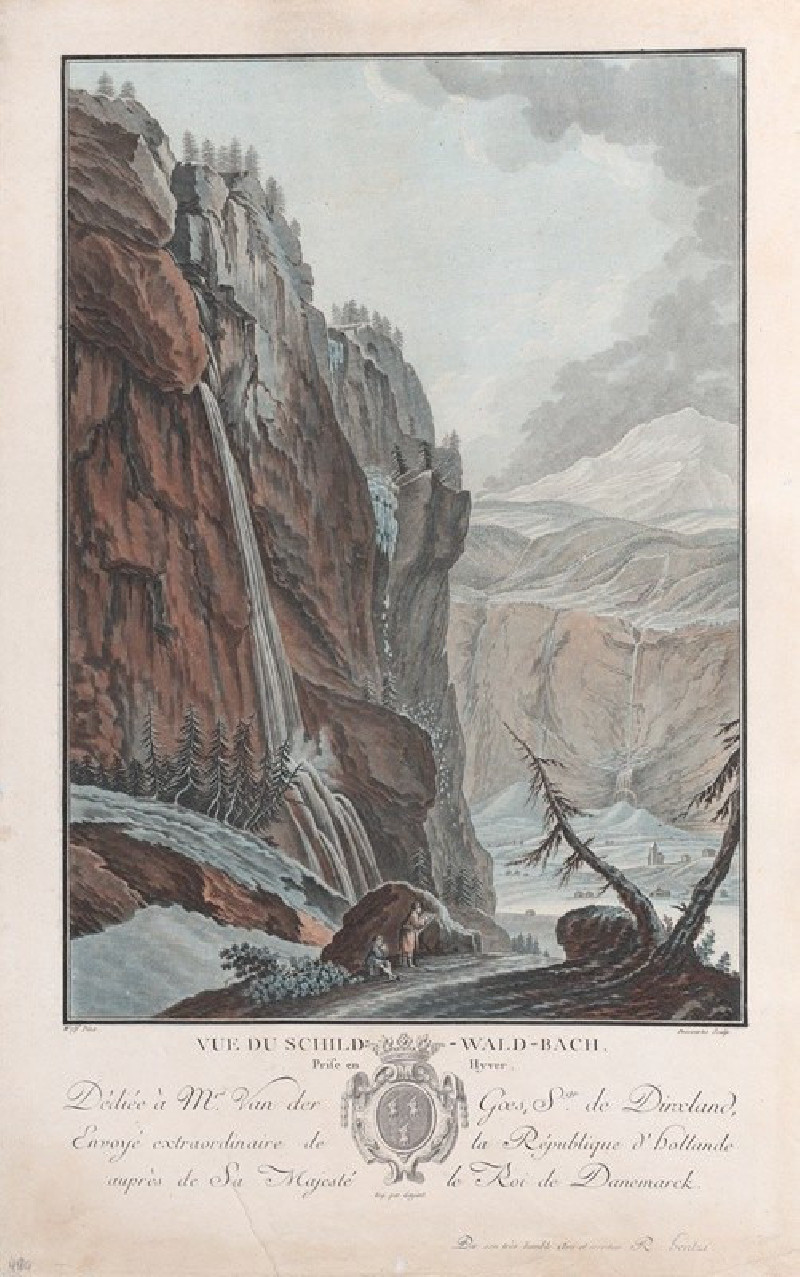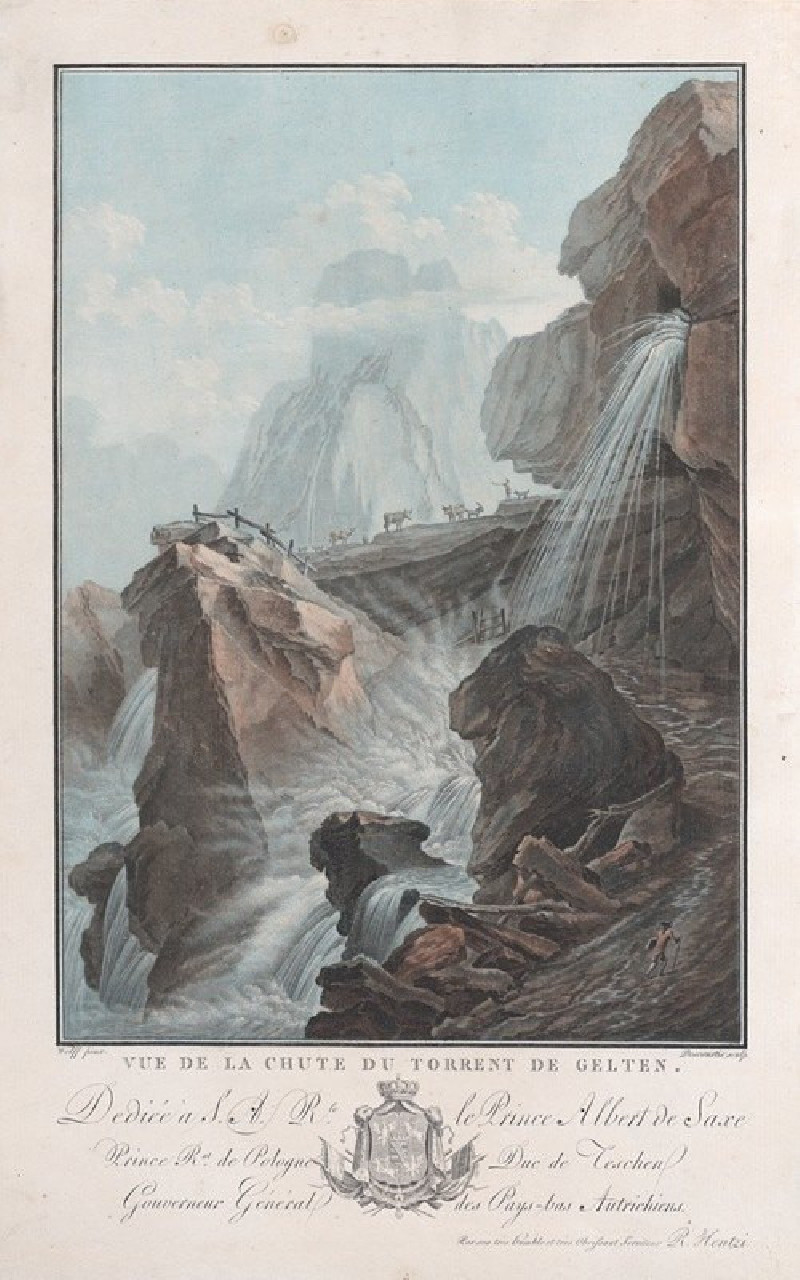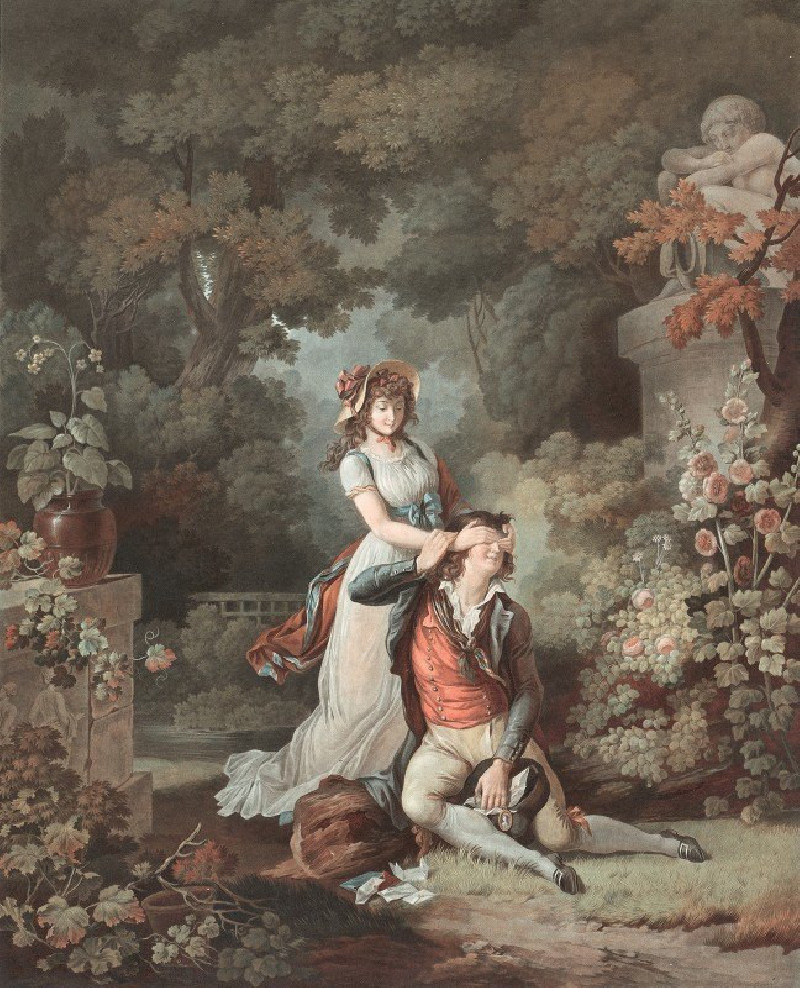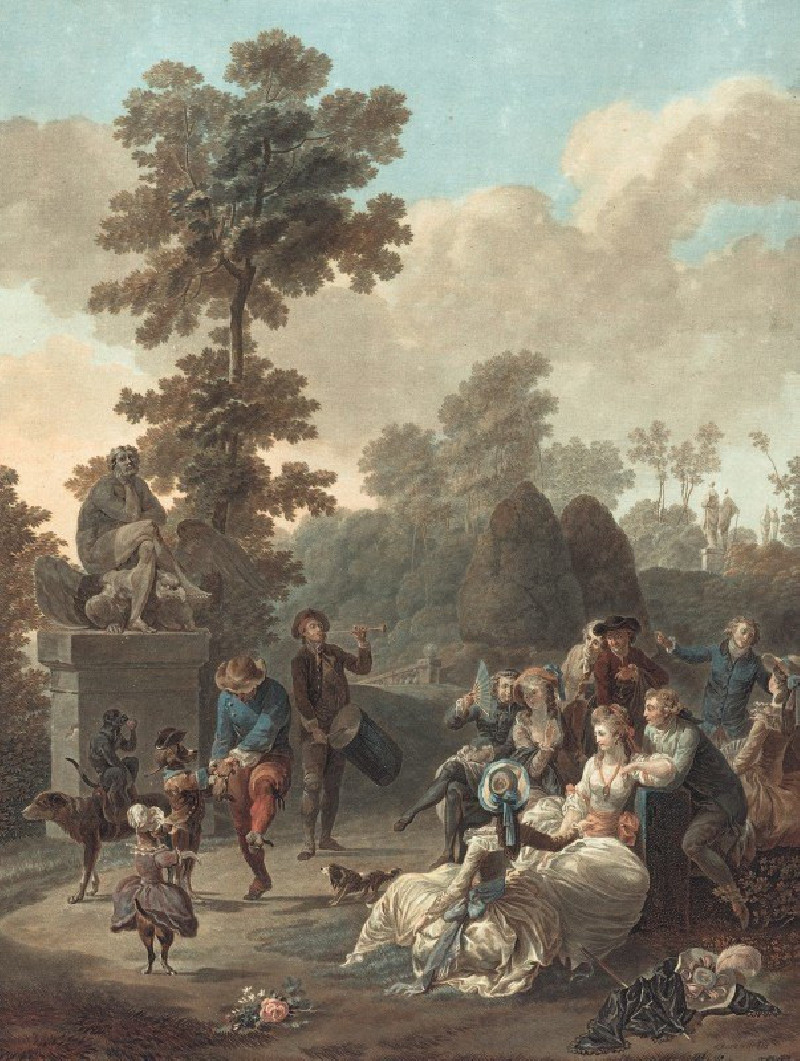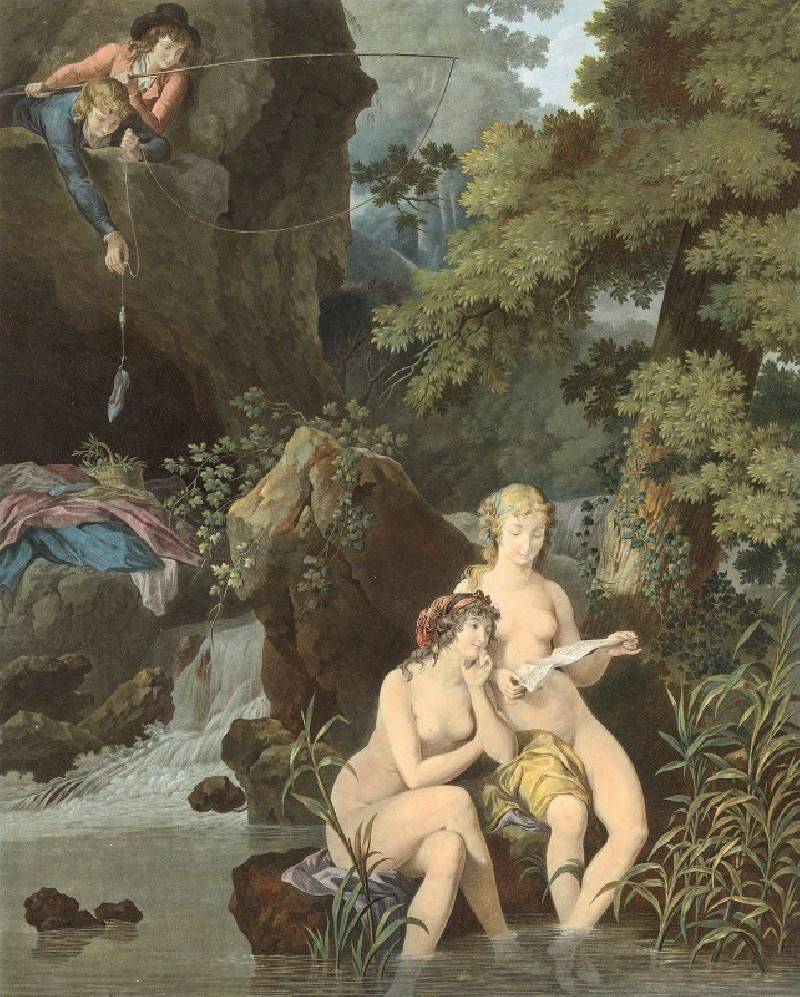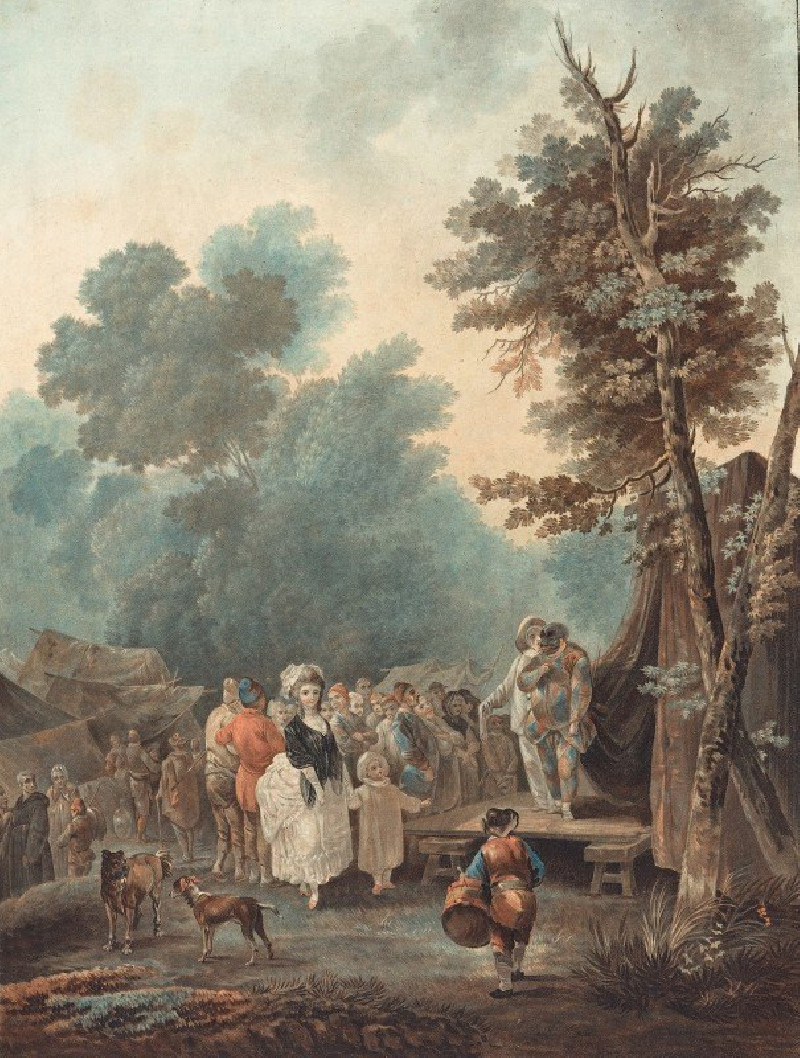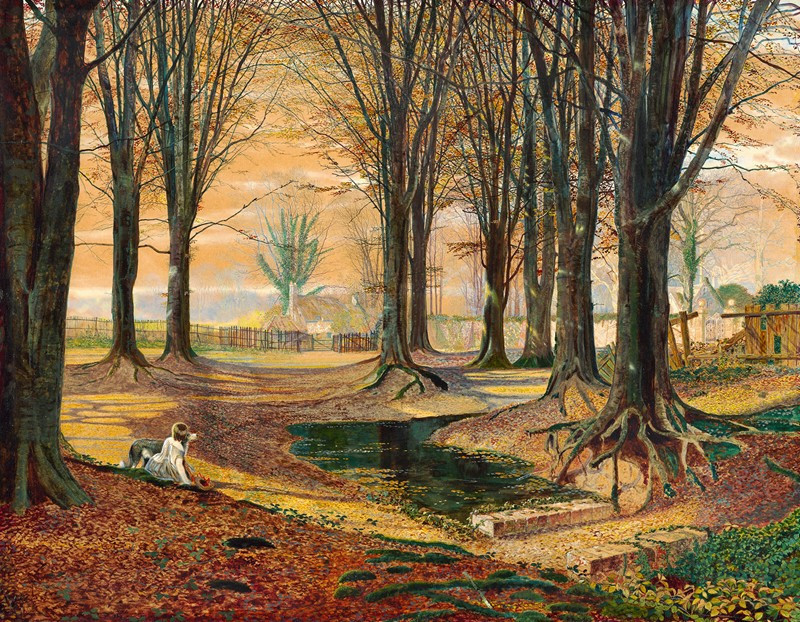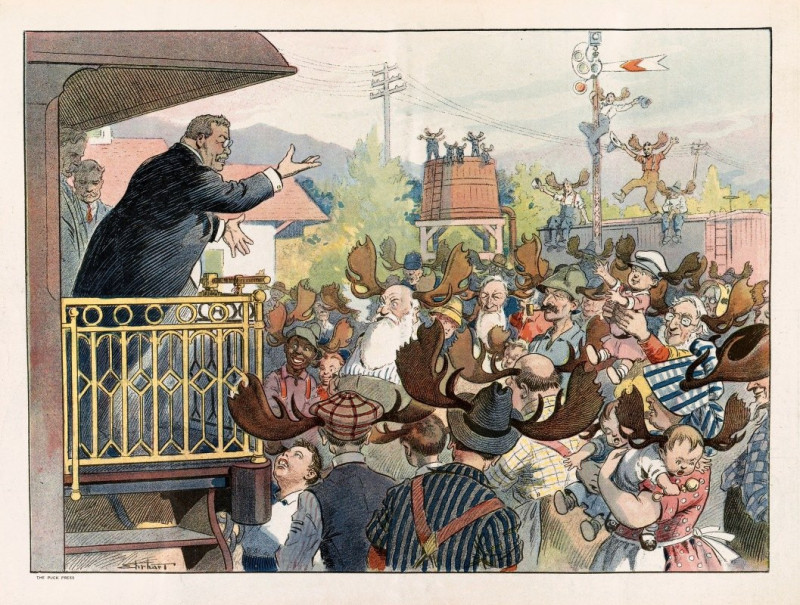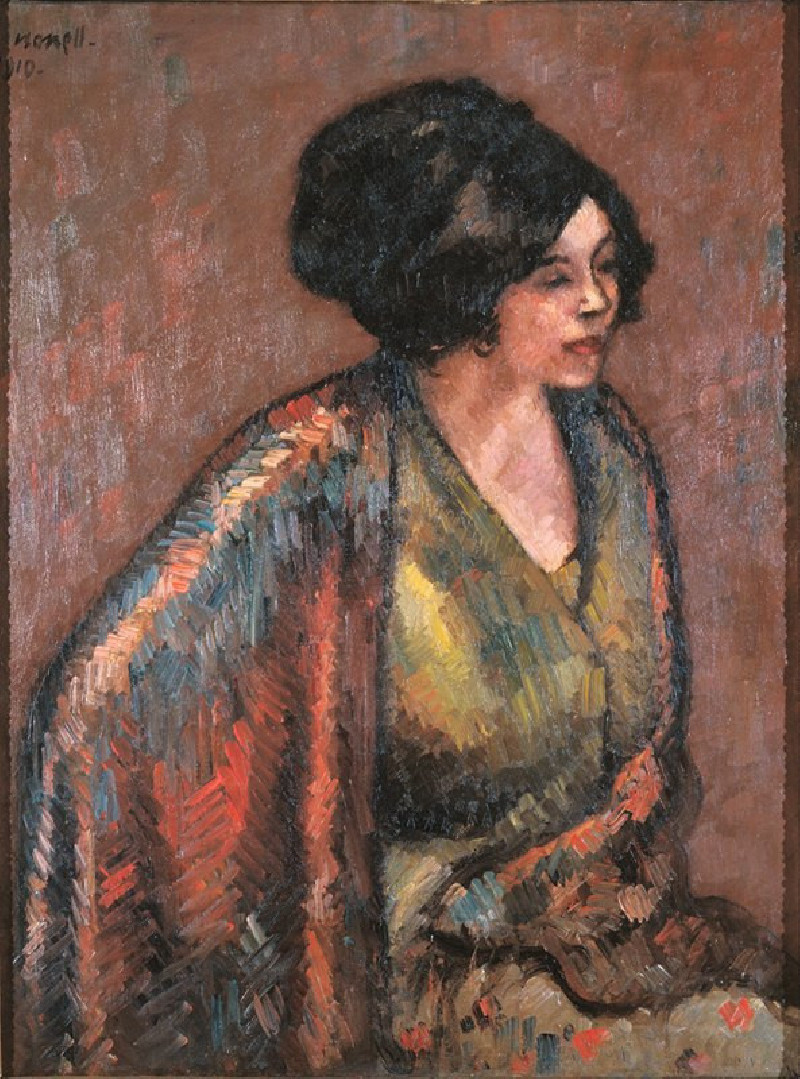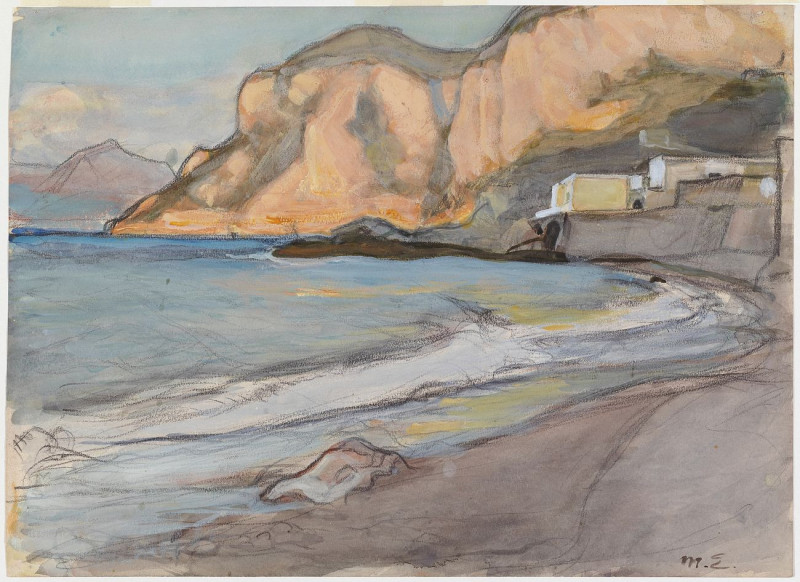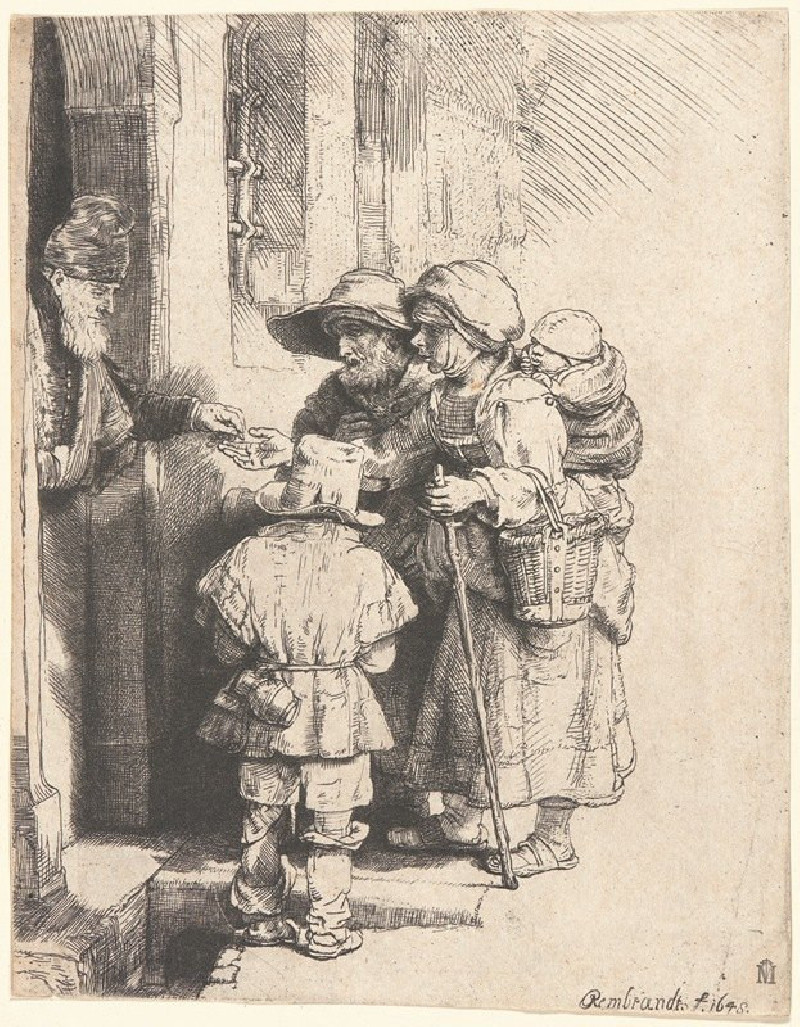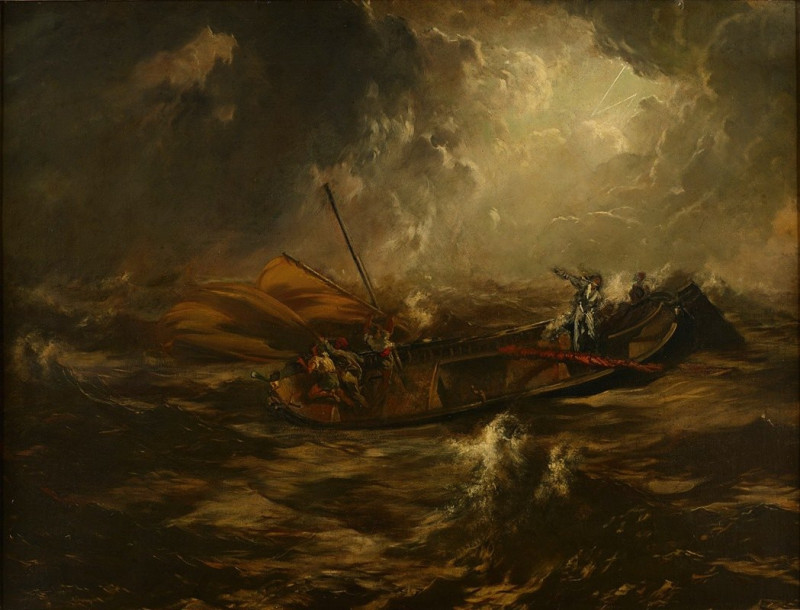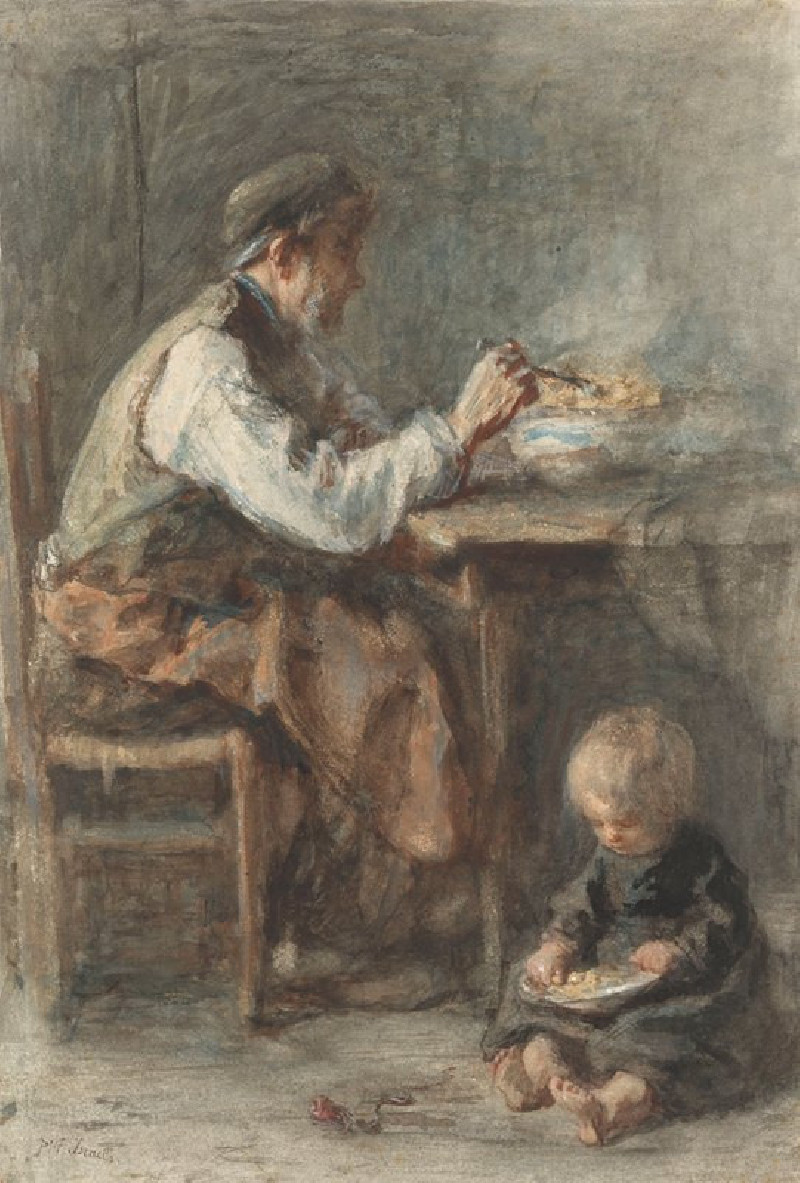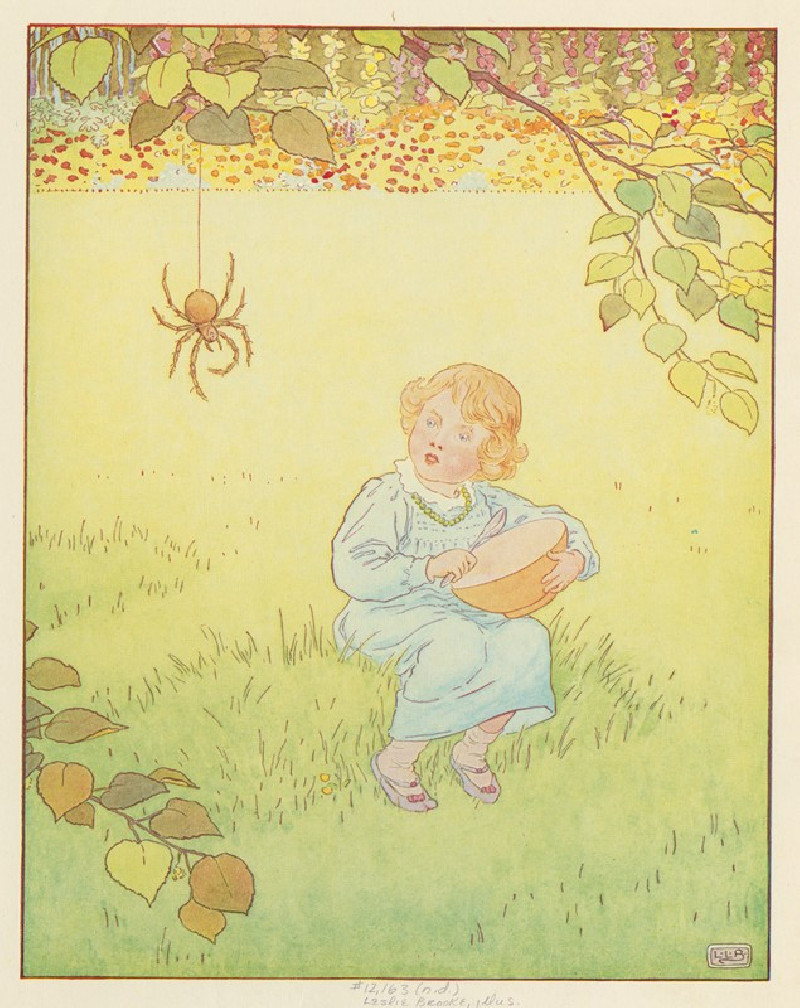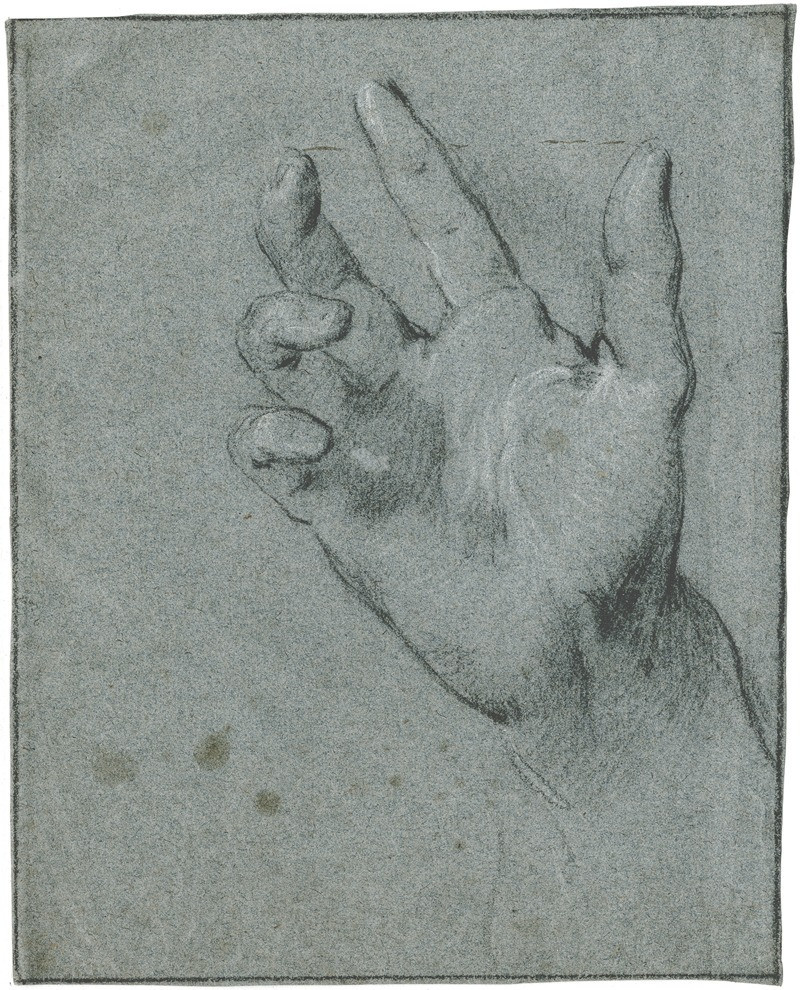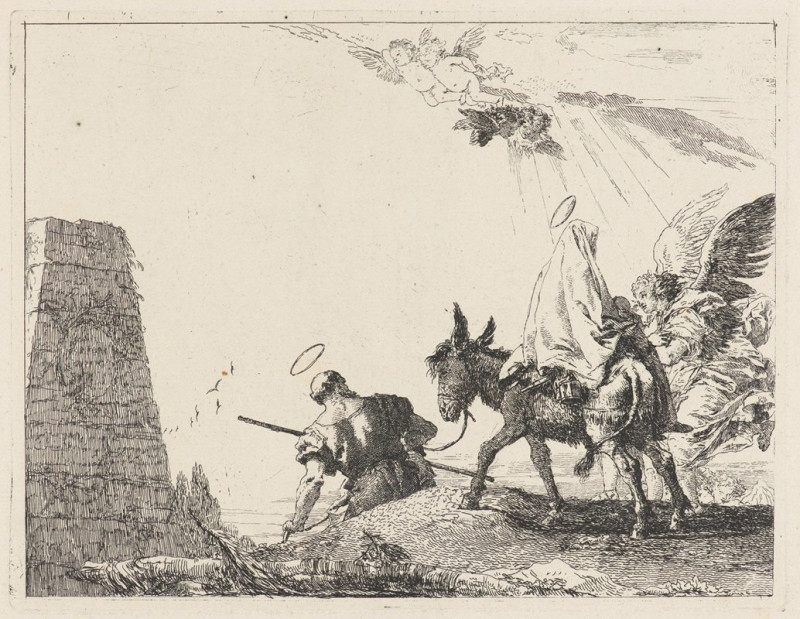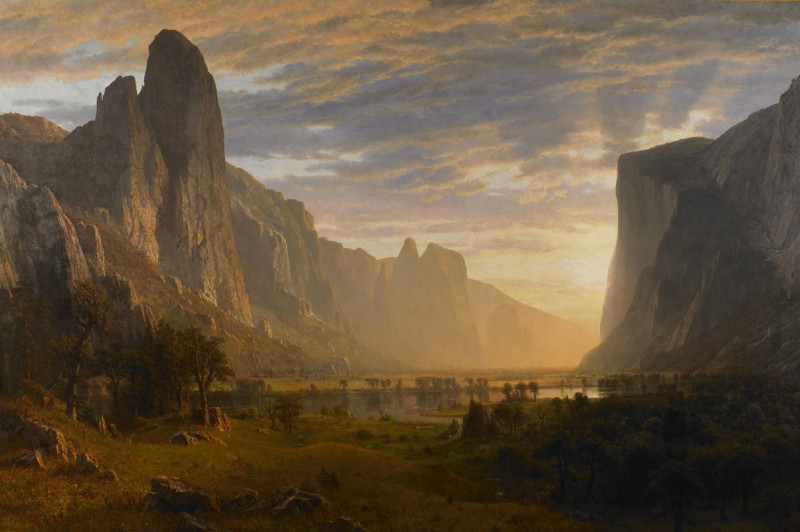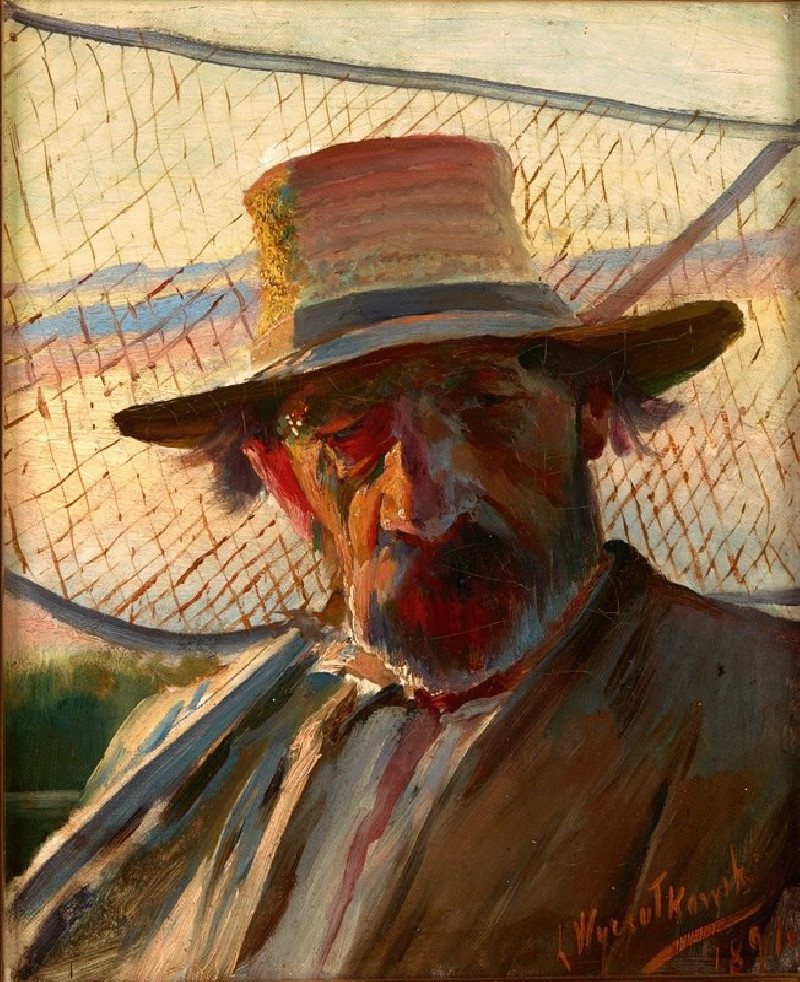Vue du Schildwald-Bach prise en hiver (1785)
More about this artwork
Delivery
Reproductions are made to order and take 5 to 7 working days.
We send them out by courier and delivery takes another two working days.
If you need a reproduction sooner, please contact us - we can usually find a solution and produce it a little faster.
If you don't want to pay for postage, you can pick up your paintings at our galleries in Kaunas or Vilnius.
Returns
Yes, reproductions can be returned.
If you have any doubts more than 30 days after the date of purchase, please contact us - we will take the reproduction back for a refund or offer you a replacement!
We accept a maximum of two returns per customer - please note that we make reproductions to order, so please choose responsibly.
We do not refund shipping expenses.
Charles-Melchior (b. 1753, Paris, d. 1820, Paris) was a pupil of Jean-François Janinet and, like him, specialized in the production of colour prints using aquatint and wash-manner. Among his earliest known works is a series of four engravings of views of Paris and Rome after paintings by Pierre Antoine de Machy, which appeared in 1784. He collaborated with Janinet on the illustrations for Vues remarquables des montagnes de la Suisse (1785), which were engraved after several artists. He is best known, however, for his four colour prints after the genre scenes of Nicolas-Antoine Taunay, notably the Village Wedding (1785) and its pendant, the Village Fair (1788). The subtle green tones of the landscape setting, complementing the white and red of the small figures, successfully convey the gentle mood of Taunay's rural scenes. The second pair, the Tambourine and the Brawl, both animated, slightly grotesque compositions, are less finely executed. Such prints of genre scenes were avidly collected by contemporaries.
Descourtis also produced a number of portrait engravings, including Princess Wilhelmina of Prussia (1791). From the later 1790s he engraved numerous works after Jean-Frederic Schall, notably the Lover Surprised and the Peeping Toms, as well as a series of illustrations to Bernardin de Saint-Pierre's novel Paul et Virginie (1788).

